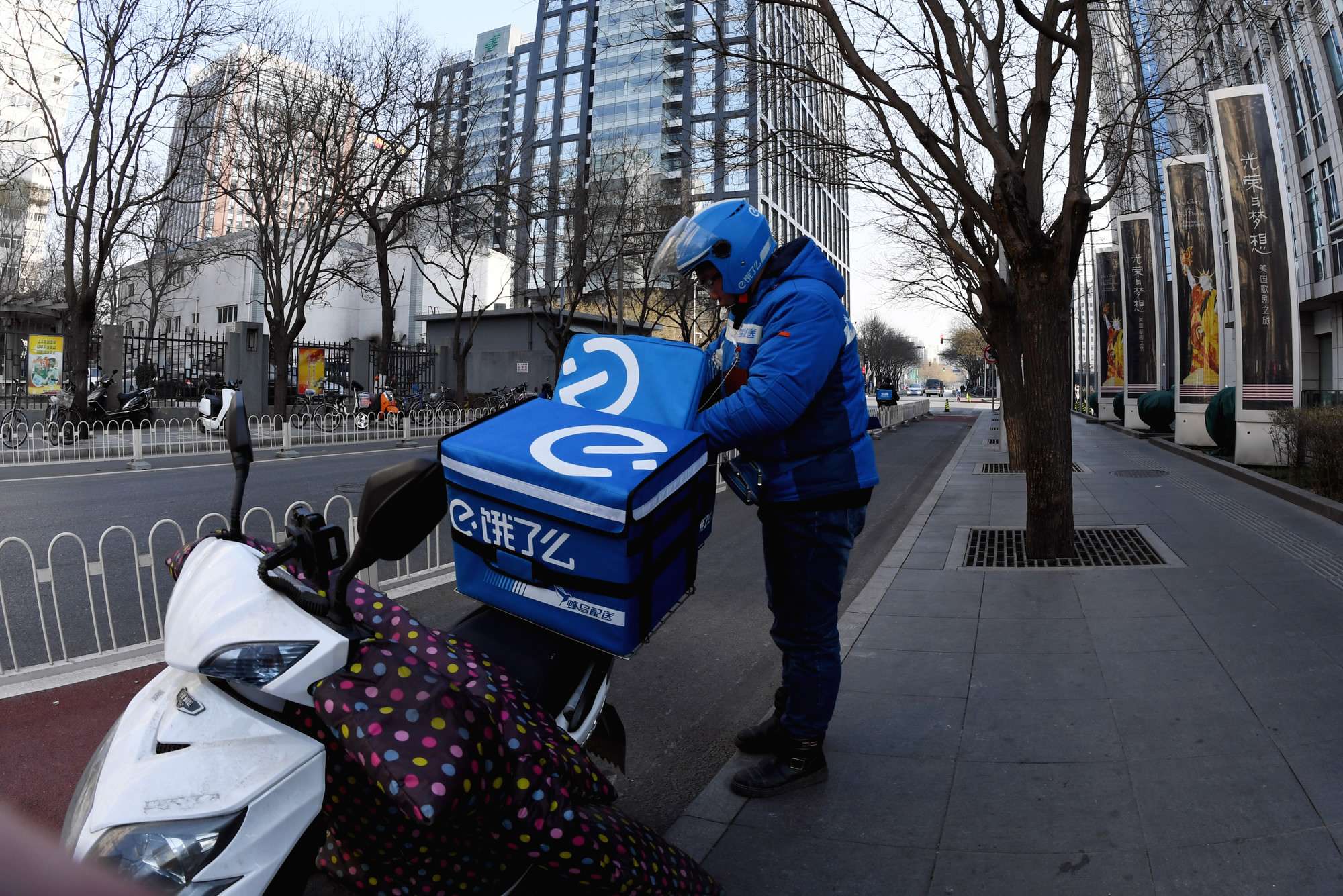Is China’s startup scene experiencing a shivery winter in terms of receiving funding? That was the central question posed at one session of this year’s Boao Forum for Asia.
 CFP Photo
CFP Photo
Until mid-2015, heavy investment set the Chinese startup market alight. But enthusiasm then cooled - in contrast to the almost 30-degree Celsius heat here in Hainan, where I sat down for an exclusive interview with Zhang Xuhao, founder and CEO of China’s top C2C food delivery service Ele.me.
He told me that reform is occurring within the investment circle, rather than a shutdown.
 An Ele.me food delivery man is seen on a Beijing street in January, 2017. /CFP Photo
An Ele.me food delivery man is seen on a Beijing street in January, 2017. /CFP Photo
Tang Wanli, CEO of Home-Cook, an app that matches diners and hosts who are willing to share their home-cooked meals, said “there is an economic cycle, just like seasons, which should be faced and not avoided,” adding “entrepreneurs should pay attention to whether the programs could create value.”
In our sit-down interview, Zhang Xuhao explained how his company has developed.
He started his company with several partners when he was in college in 2009. He and his friends were hungry overnight, and couldn’t get the food they fancied. They looked into the Chinese food delivery service, and considered how the Internet could help.
And seven years later, online giant Alibaba invested 1.25 billion US dollars for a 27.7 percent stake.
Zhang told me that he originally saw his venture as an Internet company, but later realized that the user experience was much broader.
“Previously we thought of ourselves as an Internet company and weighed more towards user experiences online,” he said. “We now put food safety first.”
“No matter if you are a manager offline, a technician or work directly with the product. We all need to serve and pay responsibility to food safety.”
The company was at the center of a probe by the Shanghai Municipal Food and Drug Administration over suspicions that it allowed unqualified food vendors to sell dishes via the app last year.
Asked about the changes they have made since the probe, he said: “We all need to work toward the direction of food safety, and that is what we now call user experience, that is the change we made.”
Zhang said he has great expectations for the sharing economy. Traditional industries can improve efficiency and lower costs via the sharing economy, he says, which can bring wider value to society.
A Sharing Economy Research Center report under the State Information Center predicts that the sharing economy sector will grow at an average annual rate of 40 percent over the next few years, accounting for more than 10 percent of China's GDP by 2020.
